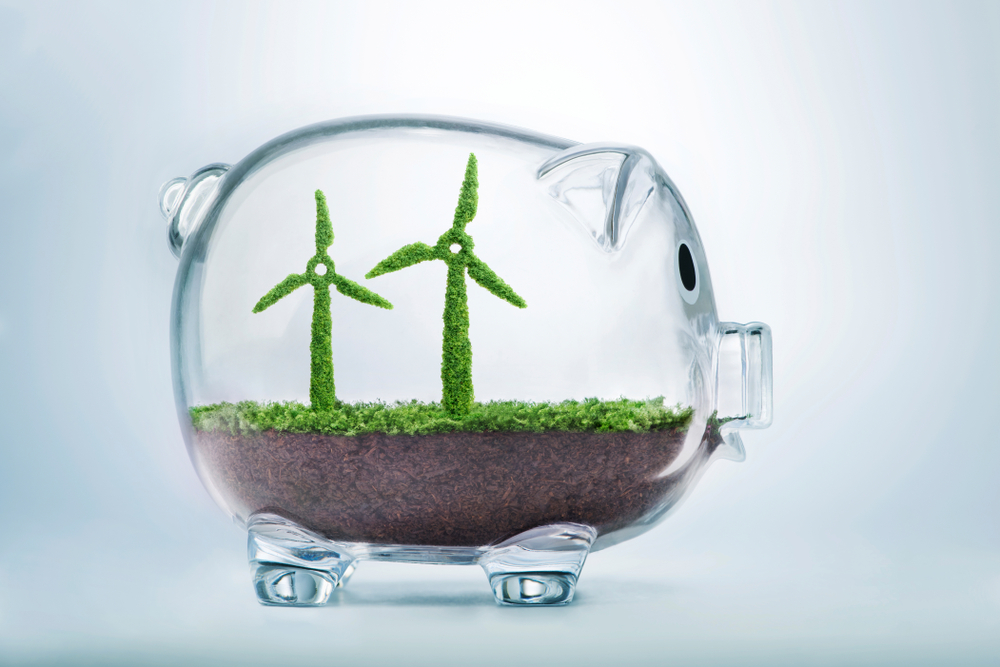Climate change: How investors can take action
With this year’s Earth Day having just taken place (on Saturday 22 April), and recent high-profile protests by climate change activists, environmental issues have never been more prominent.
Earlier today, The Financial Times reported that a US private equity fund has committed £300m to help redevelop a Scottish site for the roll-out of North Sea wind power, while a separate report in The Times highlighted pressure on Lloyd’s of London to stop arranging insurance cover for all fossil fuel projects.
Unsurprisingly, with climate change at the forefront of the news, investors are increasingly keen to keep the environment in mind when deciding where to allocate their portfolio.
For investors looking to save the planet without disrupting snooker matches or startling horses, luckily there are far safer ways to do this by considering peer-to-peer lending.
A number of P2P lending and crowd bonds platforms offer investment opportunities that support renewable energy projects. This can include direct investment into renewable energy companies via bonds, support for councils looking to cut emissions, or loans to property developers looking to build eco-homes.
One of the most established players in this space is Abundance, which was founded in 2021 with a specific focus on green energy. Investors can put as little as £5 into green energy and infrastructure projects on the platform, which offers target returns of up to eight per cent. Some of Abundance’s investments are Innovative Finance ISA (IFISA)-eligible.
The platform has partnered with a number of local councils, providing community municipal bonds that support renewable energy projects in a local area. For example, Islington Council launched an offering on the Abundance platform in November 2021. It aimed to raise £1m to support a range of projects including improving air quality, working towards zero carbon recycling and waste collection, installing electric vehicle charging points and adding solar panels to public buildings.
Triodos Bank also runs a crowd bonds platform where you can back projects and businesses with a social impact, including renewable energy. They offer an IFISA with a minimum investment threshold of £50 and target returns of up to six per cent.
And Lendahand Ethex, which trades as Energise Africa, offers investors annual returns of up to six per cent for funding clean energy projects in Africa, which can be held in an IFISA wrapper. Minimum investments start at £50.
Read more: Energise Africa plans scale up
The UK’s largest P2P lender, Folk2Folk, offers secured business loans for a variety of wind, solar and biomass energy projects. It offers investors target returns ranging from 7.5 per cent to 9.5 per cent. It offers an IFISA and has a minimum investment of £20,000.
Meanwhile, several P2P lending platforms are helping the UK meet its net zero homes target by championing the use of modern construction methods and financing more property developments.
For example, Blend Network has launched a ‘Green Is Good’ initiative, which aims to promote net zero housing developments, while Relendex is focusing on reducing the emissions on the property developments that it funds.
In an exclusive interview with Peer2Peer Finance News last October, Paul Sonabend, executive chairman of Relendex, outlined the platform’s target for 60 per cent of its new loans to be for sustainable development by the end of 2023.
Read more: Green evolution: Exclusive interview with Relendex’s Paul Sonabend
“To qualify as a ‘green’ loan, every part of the building process has to be seen to be sustainable,” he said. “We are working with the most innovative housebuilders who are building the most wonderful housing stock that costs little or nothing to light and heat.
“Our goal is for 60 per cent of new loans to be for sustainable development by the end of 2023 and we want the market to know that we are not scared of financing innovative, sustainable buildings using new techniques.”
Relendex has a minimum investment of £500 and targets returns of up to 11 per cent.





